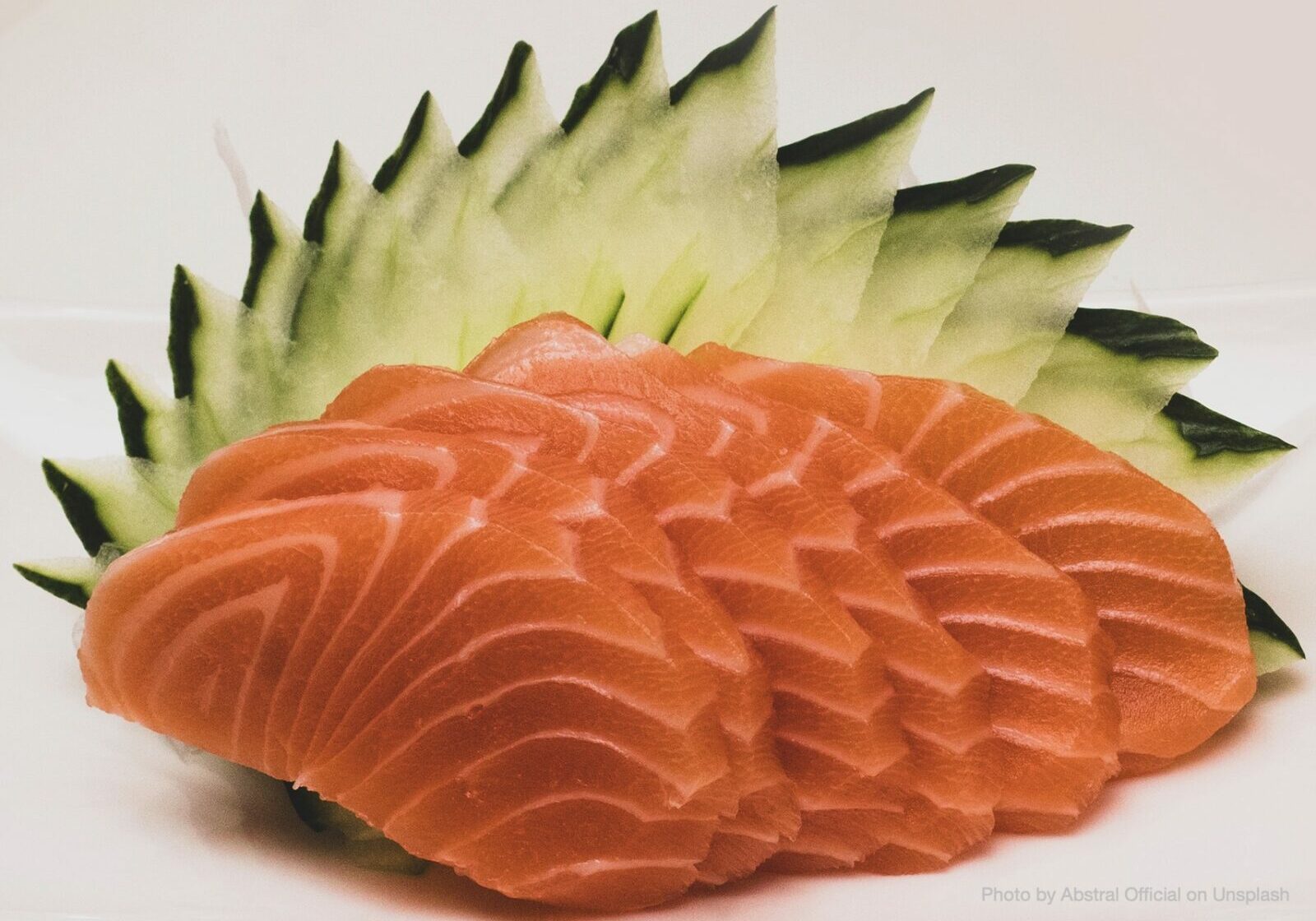Questions linger as EU lifts curbs on Japanese food imports

In a quid-pro-quo, the EU agreed to lift Japanese food restrictions, initially instituted in the wake of the ongoing Fukushima nuclear disaster. The EU is hoping Japan reciprocates by easing controls of its own on EU farm goods. The timing is suspicious, given Japan’s threat to release radioactively contaminated water from the ruined Fukushima nuclear complex into the sea.
While the EU claims, correctly, that Japan still monitors for radioactive contamination in its foodstuffs, there are several problems with allowing this to be the only oversight.
First, certain kinds of radioactivity, such as that from tritium, radiocarbon, or radiostrontium, are difficult to measured from outside a food sample without first turning the food to ash or pulp, because the radiation often doesn’t penetrate through to the outside of the food. And each food item would have to go through this process since there is no way of knowing if any given item is contaminated — even if one or two items in a bunch have been tested this way — since the deposition of radioisotopes in the environment can be spotty.
Second, contamination is persisting. A report released in early June of this year by Fukushima operator, TEPCO, showed that fish caught off the harbor at Fukushima contained 180 times the level allowed in Japan of radioactive isotope cesium. Luckily in this instance, the radiation given off by the radiocesium is more easily measured from the outside of the sample.
Third, Japan’s limit for radiocesium is 100 Bq/kg. That is, general foods are supposed to contain radiocesium only below this limit in Japan, in order to be consumed. The EU limit for radiocesium, however, is 1250 Bq/kg. That means that foodstuffs that are too radioactive for consumption in Japan could be sold to the EU market. For the record, the US limit for radiocesium is 1200 Bq/kg, so the same food supply risks apply.
The costs to society of a catastrophic radiation release are high and ongoing. Attempts to make contaminated foods and environments seem normal hides the true impact and allows the nuclear industry to continue. And the public pays the price.
Support Beyond Nuclear
Help to ensure a safer, greener and more just world for all

